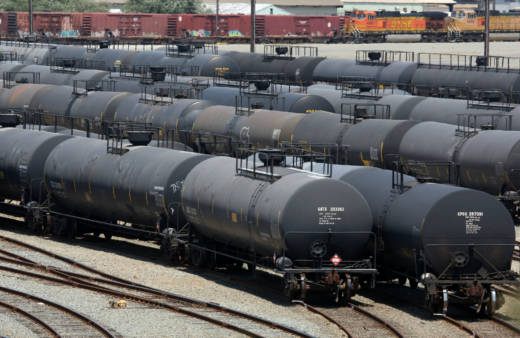Attorney General Xavier Becerra wants federal regulators to place new rules on the oil industry in an effort to reduce the chances of a train carrying crude oil from exploding in California.
Becerra has joined prosecutors in five other states in lobbying the U.S. Department of Transportation to place limits on the vapor pressure inside train cars that carry crude -- limits the industry opposes.
"A derailment or explosion in California could put countless lives at risk and cause major damage to our land and waterways," Becerra said Thursday in a statement where he called crude-by-rail cars "bomb trains."
California regulators, environmentalists and some residents have expressed concern that some oil train routes pass through urban areas, especially the San Bernardino-Riverside and San Luis Obispo regions.
California, New York, Illinois, Maine, Maryland and Washington recently filed comments with the Pipeline and Hazardous Materials Safety Administration (PHMSA), which is considering a vapor pressure standard.

